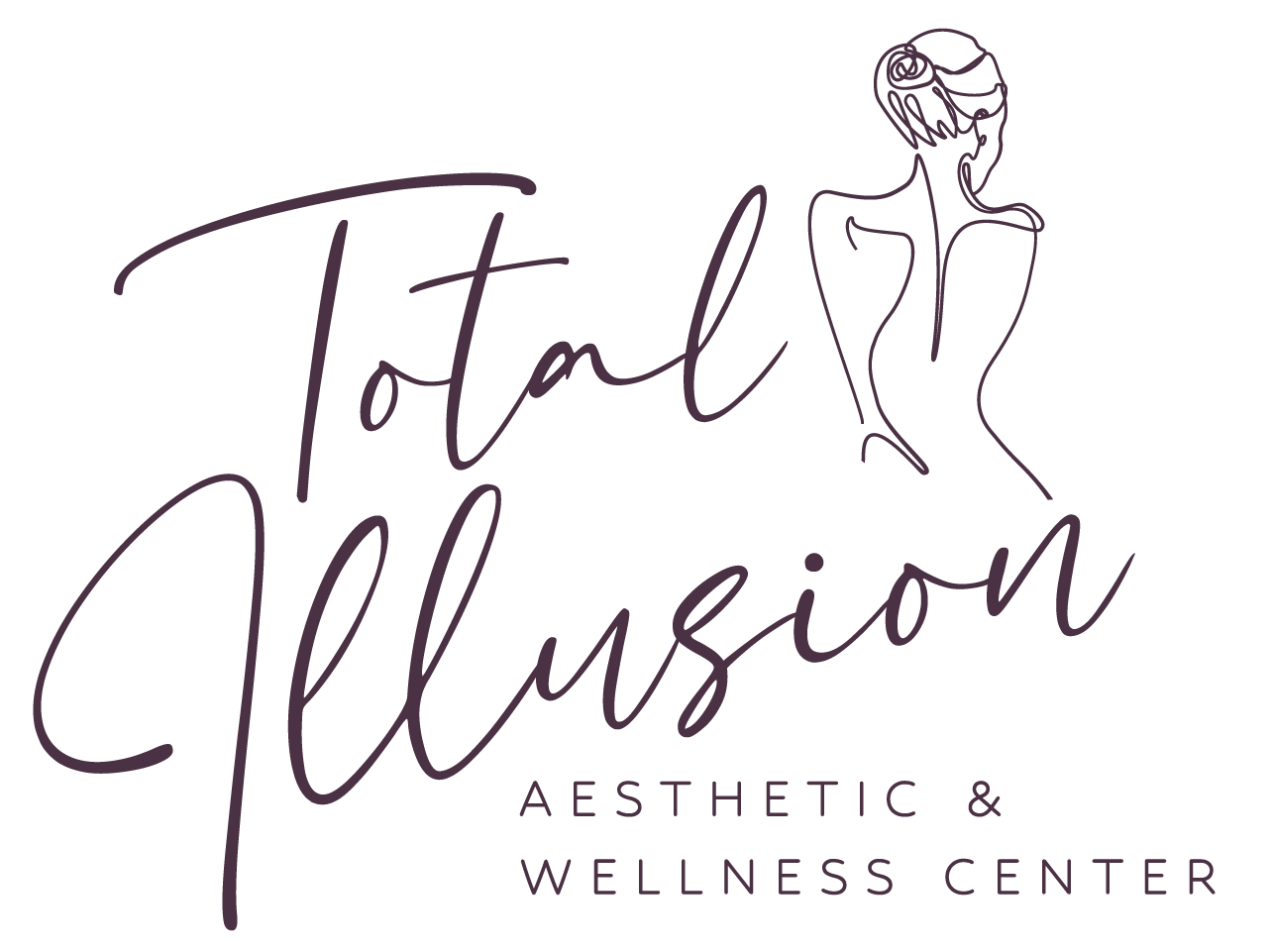Collagen Supplements: Fact or Fad
The link between nutrition and skin health was established in the early 2000’s and has been supported by scientific research. Addressing skin aging from the inside out has gained much consideration of late. The popularity of neutraceuticals for anti-aging is ever increasing with an estimated industry value of $6.63 billion USD by 2025. Among supplements, collagen is the most promising. But the question of safety and efficacy remain.
How do supplements work?
The collagen molecule can be extracted directly from natural sources such as plants and animals or produced from yeast, bacteria, insects or mammalian cells. Artificial collagen, know as KOD has also been created. Most collagen supplements are hydrolyzed – broken down peptides so the body can easily absorb. Once ingested, collagen is absorbed by the small intestine where it then reaches the blood stream and is carried through a network of blood vessels to the dermis where deeper wrinkles exist.
What is the science behind it?
Results are promising with demonstration of increased skin elasticity, improved hydration, decreased wrinkle depth and increased collagen thickness. Collagen supplements appear to directly affect deeper wrinkles. These improvements can be seen as early as 6 weeks after initiation and as late as 12 weeks after starting supplements.
So Yeah or Nay?
There appears to be potential health benefits and anti-aging properties of collagen supplementation without any significant adverse side effects reported. As with any nutritional supplement, it is important to always remember, these supplements are not strictly regulated by the Food and Drug Administration. Ensure you are purchasing product from a reputable company and we recommend purchasing directly from the seller versus a third party.


